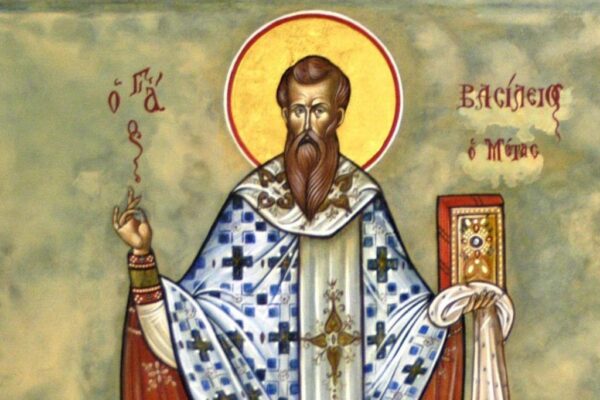THE ‘OBEDIENCE’ OF THE THEOTOKOS
(Thursday, August 28)
Today, as Older Calendar people celebrate the Dormition of the Theotokos, I’m thinking about the kind of ‘obedience’ she demonstrated throughout her life. If the word ‘obedience’, which comes from the Latin prefix ‘ob-’ (towards, to) and the verb ‘audire’ (to hear), literally means ‘to listen to/towards’ a certain something or someone, paying attention to that certain something or someone, to whom or what did she attentively listen, and how? The first part of that question is obvious, because everyone knows that she obeyed God, Who called her through the Archangel to a difficult vocation, to become the Mother of our Lord, and she obeyed God’s call. Later, her Son again called her to motherhood during His crucifixion, when He entrusted His beloved disciple (and all of us, according to tradition) to her, saying “Woman, behold, your son!” But the second part of the question, of ‘how’ she obeyed, merits further reflection.
Let’s note that her obedience to God’s will for her meant *disobedience* to other wills and plans for her, including her own. According to tradition, she had vowed virginity in her early years in the Temple, which meant that motherhood was not in her plans. The priests at the Temple knew about this, which is why they chose the Righteous Joseph, a widower who had already raised his children, to take her in. Her obedience to God’s call to give birth to His Son thus went against the expectations both of the priests and of Joseph. Further, her vocation disrupted the plans of a political authority, King Herod, who had many babies in Bethlehem killed, in an effort to put a stop to it.
Did she plan such an outcome, to go against the expectations or plans either of political or religious authorities, through obeying God’s call? No, we have no evidence of her being concerned about the trouble her vocation might cause. She did ask the Archangel how this birth could originate, when she knew no man, but she didn’t ask about its potentially troublesome outcomes. In other words, her concern was the origin of this plan, not its outcome. And when the Archangel told her the Holy Spirit would be the origin of the plan, she agreed to it, and left the outcomes of her obedience to Him. Henceforth her actions were quietly impelled by the will of God, which she had become unable *not* to do, because her attention, her attentive listening or ‘obedience,’ were so focused on Him. This is how Simone Weil (another virgin) describes such obedience in her essay, Necessity and Obedience: “It is not an action but a sort of passivity. Inactive action.”
I think it’s the sort of ‘passivity’ that we are taught to embrace in the Lord’s Prayer, when we pray: “Thy kingdom come, Thy will be done...” We are being taught to say, “Let it be,” as it was said by the Most Holy Virgin, against all odds, and despite any trouble God’s kingdom or will might cause in this world, when it disrupts the merely-human plans or wills in our midst. Thank you, Mother of Life, for not abandoning us in your Dormition. And Happy Feast, OC friends!






